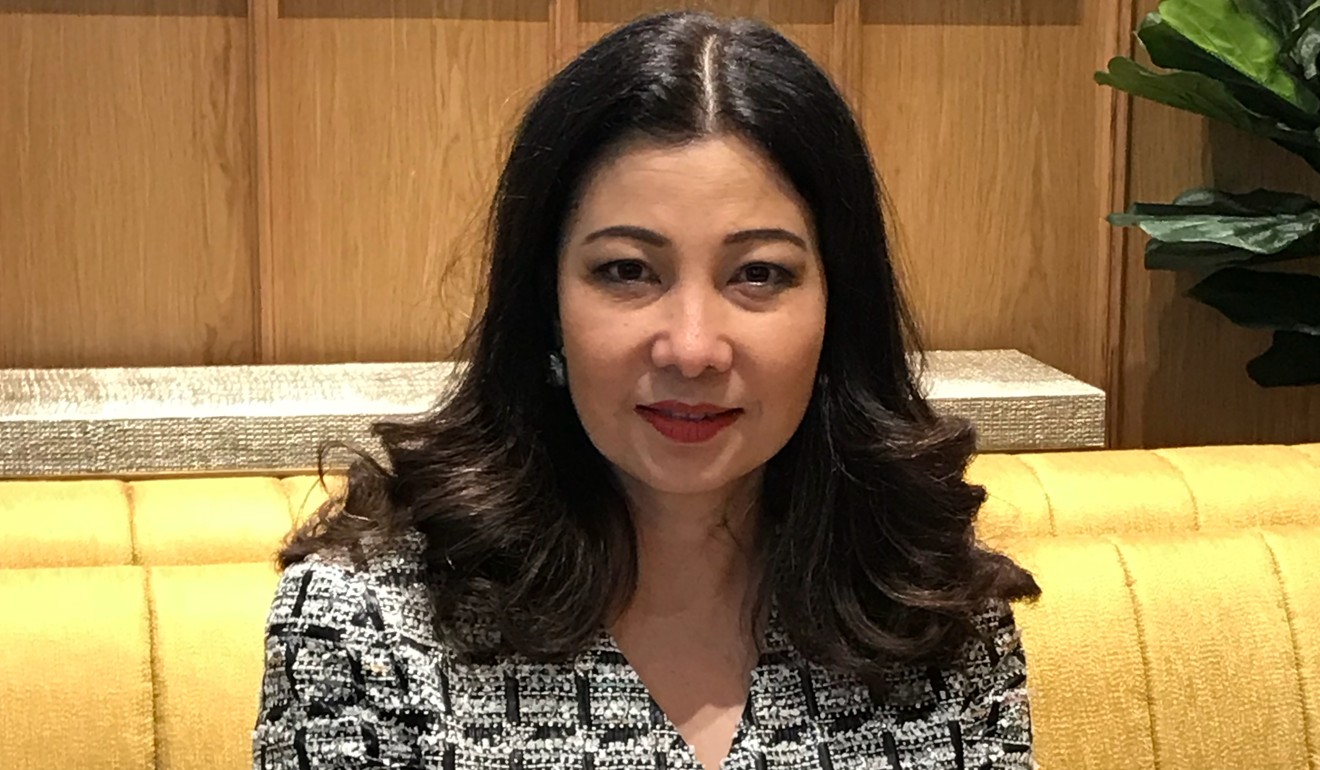
Thailand opens its biggest luxury shopping playland – and looks to wealthy Chinese tourists to make it a hit
- Iconsiam has ultra luxury brands like Louis Vuitton and Hermes, posh condos and – soon – even its own monorail.
The owners of a splashy riverside project in Bangkok of luxury shops, high-end condos and a large performance auditorium are tying their success to tourists – aiming to attract 250,000 a day, mostly from mainland China and Hong Kong.
The US$1.6 billion Iconsiam’s first phase opened on November 10. It features such international brands as Louis Vuitton, Hermes and Apple, as well as 300 local food and handicraft stalls representing the Southeast Asian country’s 77 provinces, plus the Magnolias Waterfront Residences and The Residences at Mandarin Oriental, Bangkok. It will even have its own monorail.
“You cannot only shop there, but also live there,” its official website proclaims.
But the success of the ultra luxury mega project isn’t a slam dunk.
High-stakes elections are expected early next year after a military coup in 2014, which shook Thailand’s economy.
Meanwhile, the loyalty of Chinese tourists also isn’t a guarantee. A boat accident in Phuket, a tourist playland, left 47 mainland Chinese tourists dead over the summer, and is blamed for a nearly 9 per cent drop in Chinese tourism in the third quarter.
Tourism has shot back up – mainland Chinese make up nearly 60 per cent of Thailand’s foreign tourists, and are up 13 per cent in the first nine months of this year over 2017. Thailand is the number one travel destination for mainland Chinese.
Chinese are the biggest spenders
The three developers of Iconsiam are Siam Piwat, Charoen Pokphand Group, and Magnolia Quality Development Corp.
Senior executives for the developers declined to say how much across-the-board annual revenue they expect the project will generate.
More than 90 per cent of the 525 homes at the two luxury high-rise towers have been pre-sold. One Hong Kong buyer paid US$2.8 million, or a record for Bangkok of US$1,553 per square foot for a 1,800 square foot penthouse. That’s a huge discount compared to Hong Kong, where a 2,343 square foot luxury penthouse at The Morgan on the Mid-Levels sold for US$24.1 million (HK$188 million)or US$10,288 (HK$80,580) per square foot.
The second phase of the Iconsiam project, which includes a 3,000-seat auditorium and a museum along the Chao Phraya River, is scheduled to open next year. In total, the 8 million square foot project will be about the equivalent of four IFC developments in Hong Kong.
“It is not just an integrated property project. It is a new destination in Bangkok that will tell millions of good stories of Thailand,” said Chadatip Chutrakul, the chief executive of Siam Piwat Co.
Her company owns and manages three major shopping malls: Siam Paragon, Siam Center and Siam Discovery, which are collectively known as One Siam destination in downtown Bangkok.

Combined, they attract an average of 250,000 visitors over the weekends, she said, topping other shopping malls in Thailand, she said.
“I expected Iconsiam will perform the same,” she said.
“Chinese are the biggest spenders,” she said, adding that Hong Kong and mainland tourists accounted for up to 25 per cent of tourist-generated revenue at the three malls.
Chutrakul said the group would invest 3 billion baht to build a new skytrain – named Gold Line Monorail – to connect it to the city’s existing mass transit lines. Right now, the complex must be accessed by boat or car. The proposed monorail will start operation next year.
“We will donate all the revenue generated from the skytrain to the government. So, the payback period for Iconsiam will take longer than the normal development of five to seven years,” she said.
She noted that the group announced the latest project three weeks after the 2014 coup.
“Then, I was bombarded by the media asking why we were making such investment. I told them I believed in my country,” she said. “Through my previous 30 years experience, our group’s shopping malls managed to rebound nicely in each coup before.”
Average per-head spending of all tourists per trip in the three One Siam malls rose 15 per cent year-on-year in the first 10 months of this year, she said.
Real estate services and investment firm CBRE said retail landlords in Thailand must create a unique environment that cannot by replicated by online sellers. For example, brick-and-mortar stores should set aside space for pop-up stores and share data with retail tenants to improve marketing.
“Simply building a nice glass box and filling it with brand names, will not work anymore,” said Jariya Thumtrongkitkul, head of advisory and transaction services for retail at CBRE Thailand.

